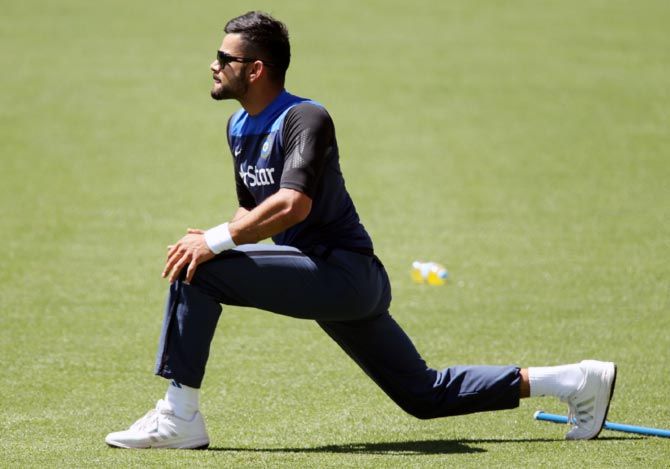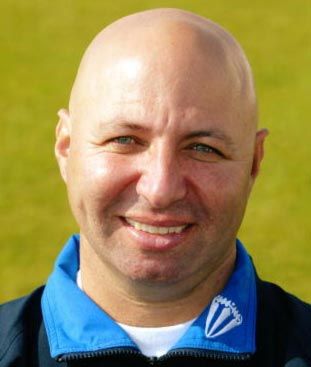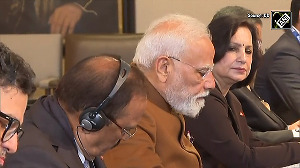'Within the Indian team there are differences between the South Indian and North Indian boys. Genetically and structurally, they are very different'

Insisting that fitness standards in Indian cricket have improved over the years, the national team's physiotherapist, Patrick Farhart, says he closely monitors each member of the squad as the body-types of players differ considerably.
The Australian, who took up the assignment of India's team's physio before the Sri Lanka series for a two-year period, is one of the most sought after names in his field of work. After replacing long-standing Indian physio Nitin Patel, he is busy chalking out the senior team's fitness regimen.
"It is interesting because even within the Indian team there are differences between the South Indian and North Indian boys. Genetically and structurally, they are very different. For instance, the Punjabi boys are strongly built but most of them have very flat feet," Farhart told bcci.tv.
"So, to be able to identify the exact differences and then make recommendations on changing these to lower injury risk, we need to have a look at the data and watch the guys closely over a period of time," he added. Asked about the improving fitness standards of Indian players, Farhart replied: "You are right, the standards have improved greatly. I have seen that during my eight years in the IPL with Kings XI Punjab. I think a lot of the Indian players have seen the amount of work that some of the young overseas players put into their fitness and learned from that.
Asked about the improving fitness standards of Indian players, Farhart replied: "You are right, the standards have improved greatly. I have seen that during my eight years in the IPL with Kings XI Punjab. I think a lot of the Indian players have seen the amount of work that some of the young overseas players put into their fitness and learned from that.
Having worked with Mumbai Indians and Kings XI Punjab in the Indian Premier League, Farhart has a fair idea of the average Indian cricketer, but is keen to know more in order to up the fitness standards of the senior players.
"It definitely did help because dietary habits, lifestyle, genetics and body structures here are very different to what we see in the western countries.
"There has been a lot of research and studies done on the risk factors with regards to injuries to cricketers in South Africa, England and Australia and those findings do not necessarily hold true for Indian players," he said.
"There are a lot of things we need do in India to investigate and establish effective systems for monitoring these players' fitness based on their training and playing routines, and their bodies' responses to these routines."
Farhart admitted that the managing a fast bowler is a bigger challenge in cricket.
"I have only looked at four Indian fast bowlers closely so far, during the Sri Lanka series. One of the things we need to do is to examine closely over a long period of time how these guys train, how they recover from training and matches, and how training and matches affect their bowling techniques and bowling speeds."
Image: Patrick Farhart
Photograph: Getty Images











